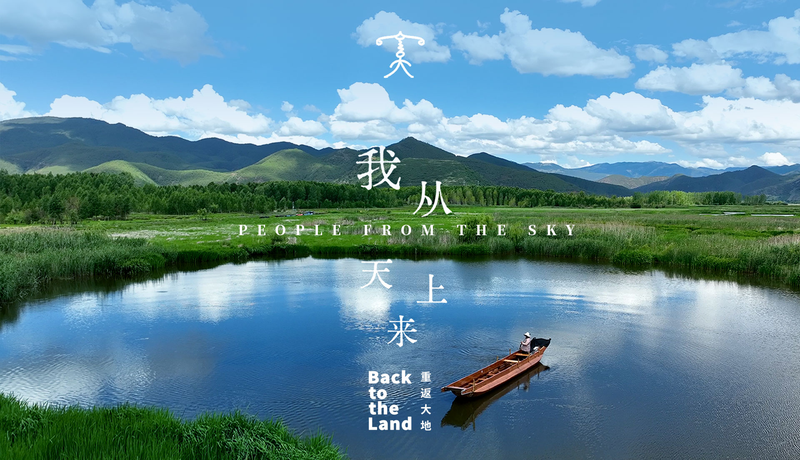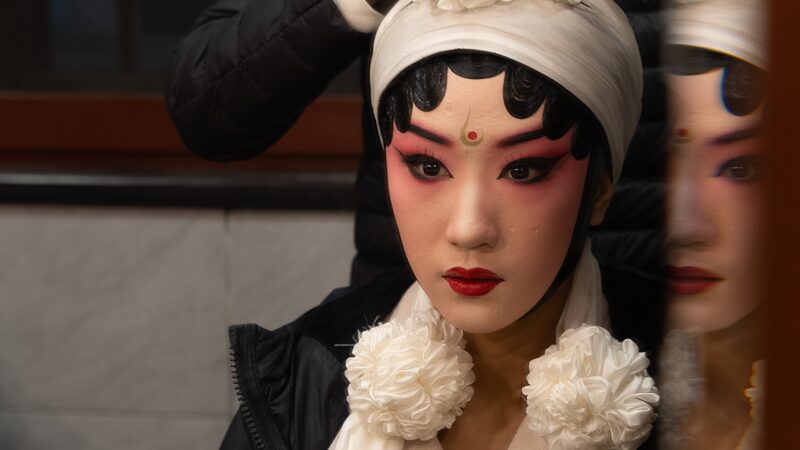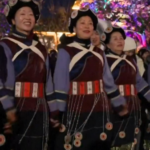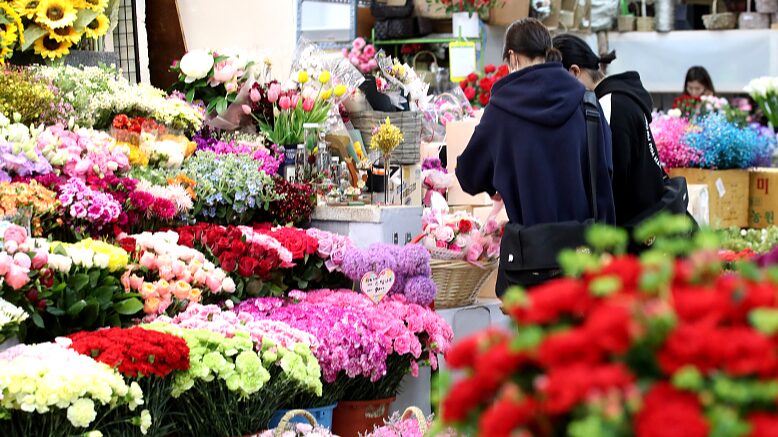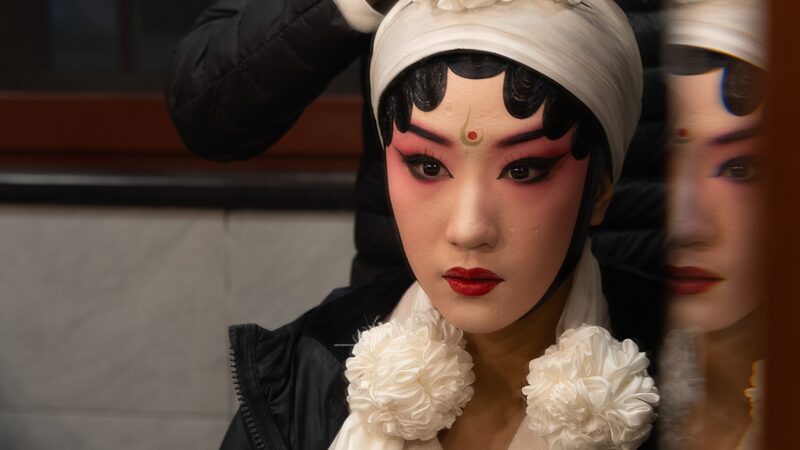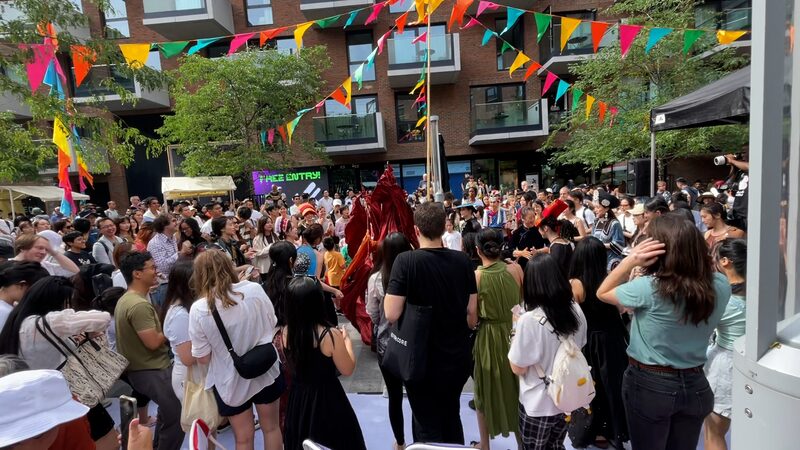Nestled in the misty highlands of southwest China’s Yunnan and Sichuan provinces, the Mosuo people—often called "people from the sky"—have preserved a way of life that defies modern conventions. As a branch of the Naxi ethnic group, their matrilineal traditions and unique "walking marriage" system offer a rare glimpse into a society where women lead households, inherit property, and pass down cultural heritage through generations.
Centered around Lugu Lake, a UNESCO-protected site, the Mosuo prioritize communal living and ecological balance. Families reside in large matrilineal households, with children raised by mothers, uncles, and grandmothers. The "walking marriage" tradition—where partners maintain separate households and relationships are based on mutual consent—challenges conventional norms of marriage and kinship.
Scholars highlight the Mosuo’s sustainable practices, such as rotating crop cultivation and fishing bans during spawning seasons, as models for ecological stewardship. "Their traditions reflect an ancient understanding of balance between humans and nature," says anthropologist Li Wei, who has studied the region for over a decade.
While tourism and modernization pose challenges, efforts to document Mosuo oral histories and promote eco-friendly travel aim to safeguard their cultural identity. For global readers, the Mosuo story underscores Asia’s enduring diversity and the resilience of communities navigating change while honoring their roots.
Reference(s):
People from the sky: Exploring China’s hidden matrilineal world
cgtn.com
